Gallery
Explore our collection of heritage artworks and AI-generated pieces.
Discover our curated collection of artworks that celebrate Iraqi heritage and Mesopotamian culture. Each piece tells a story of our rich historical legacy through artistic expression.
Exhibition Brochures
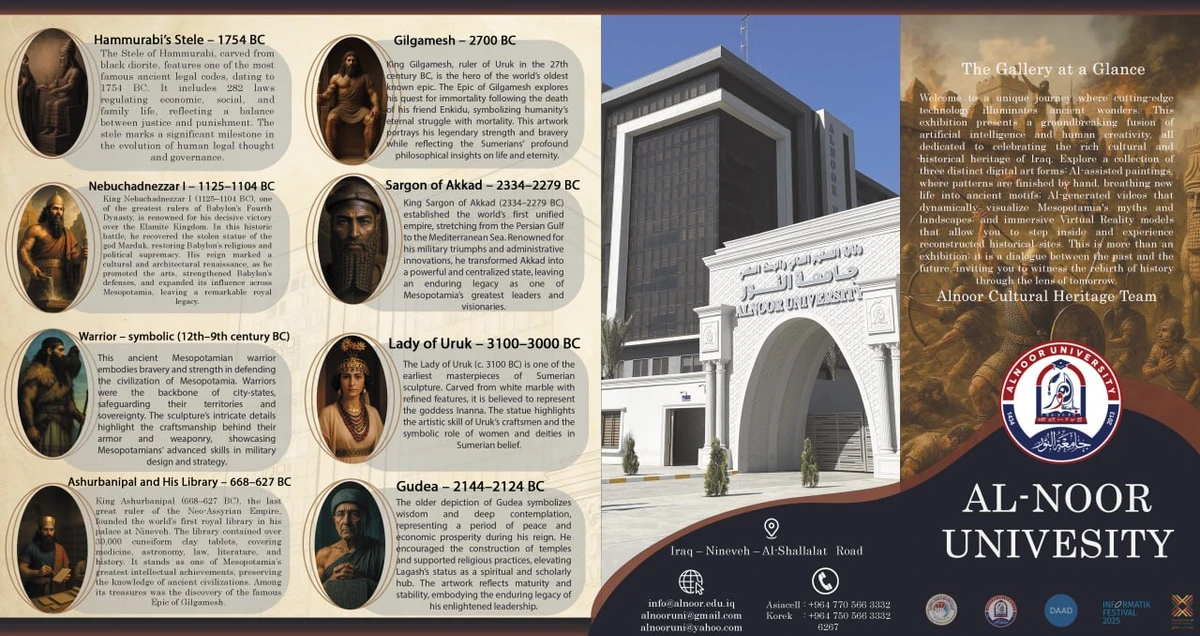
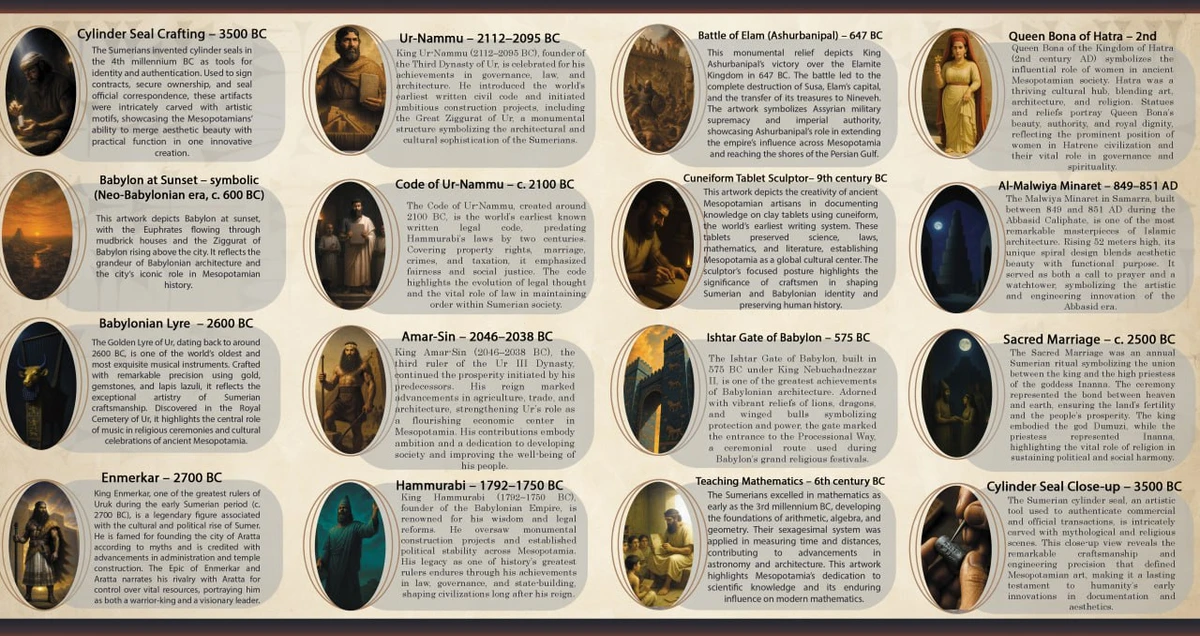
Gallery
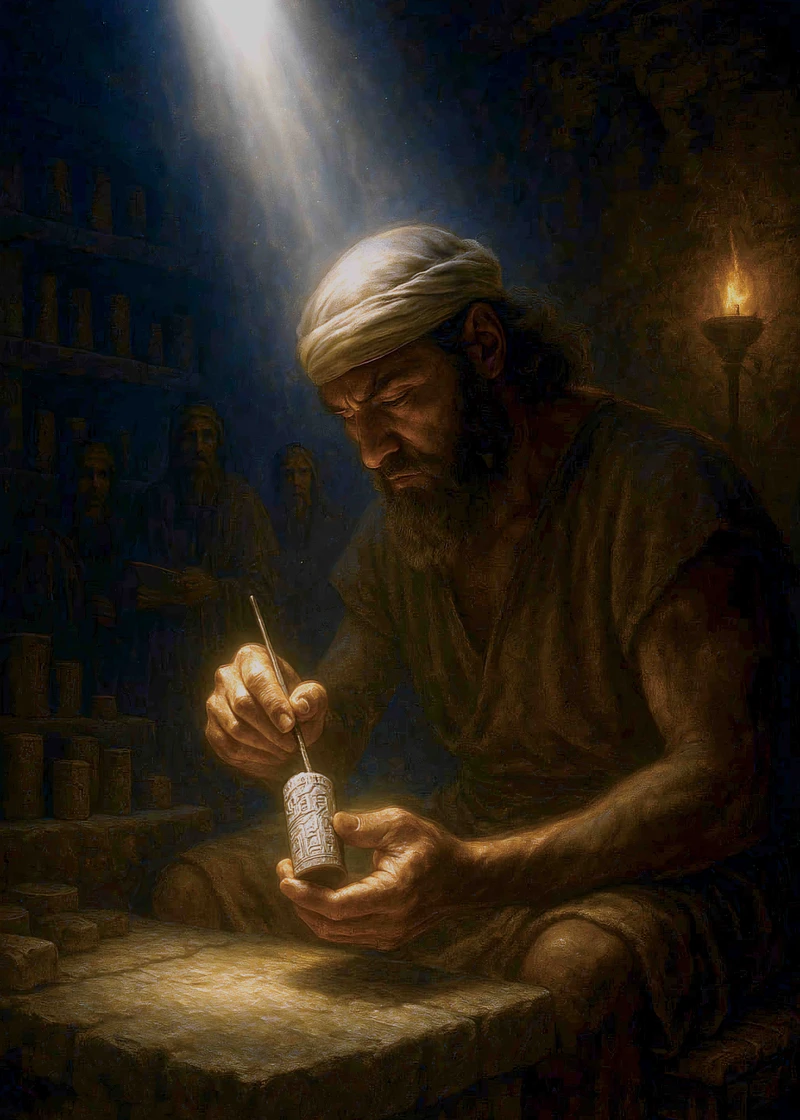
Invention of Cylinder Seals – 3500 BC
Early Mesopotamian tool for trade, administration, and identity.
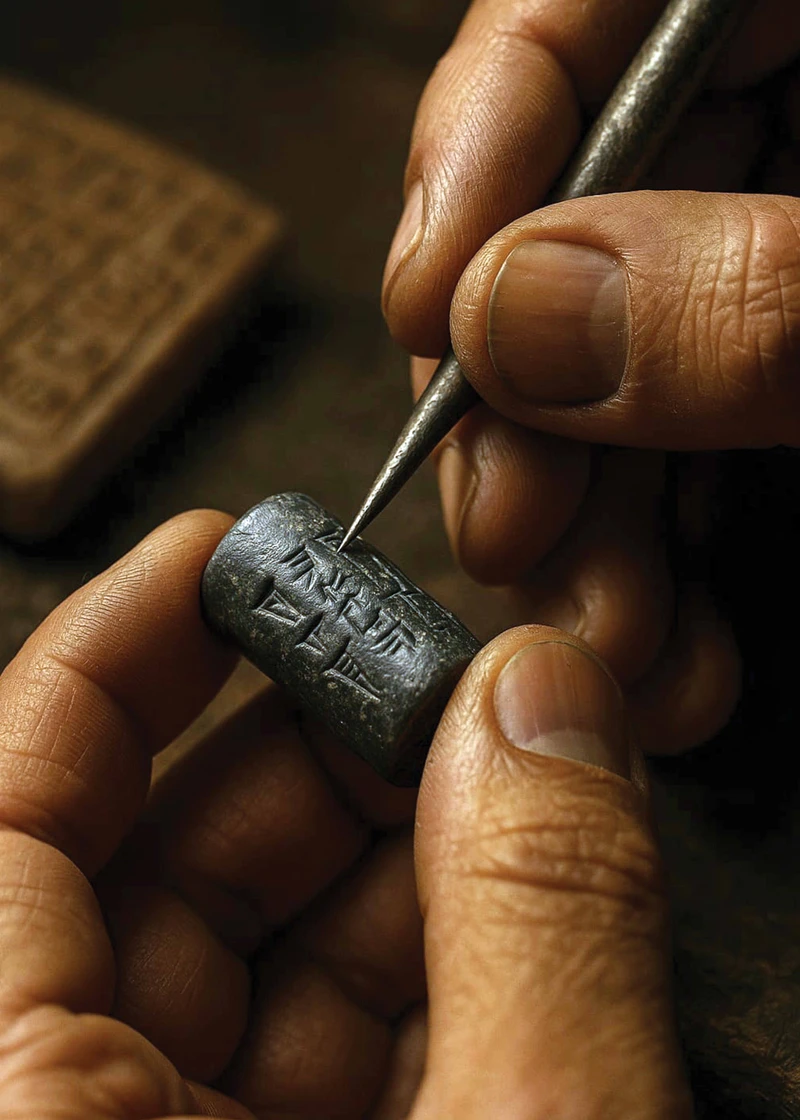
Close-up of Cylinder Seals – 3500 BC
Fine engravings reflecting symbolic art and ancient craftsmanship.
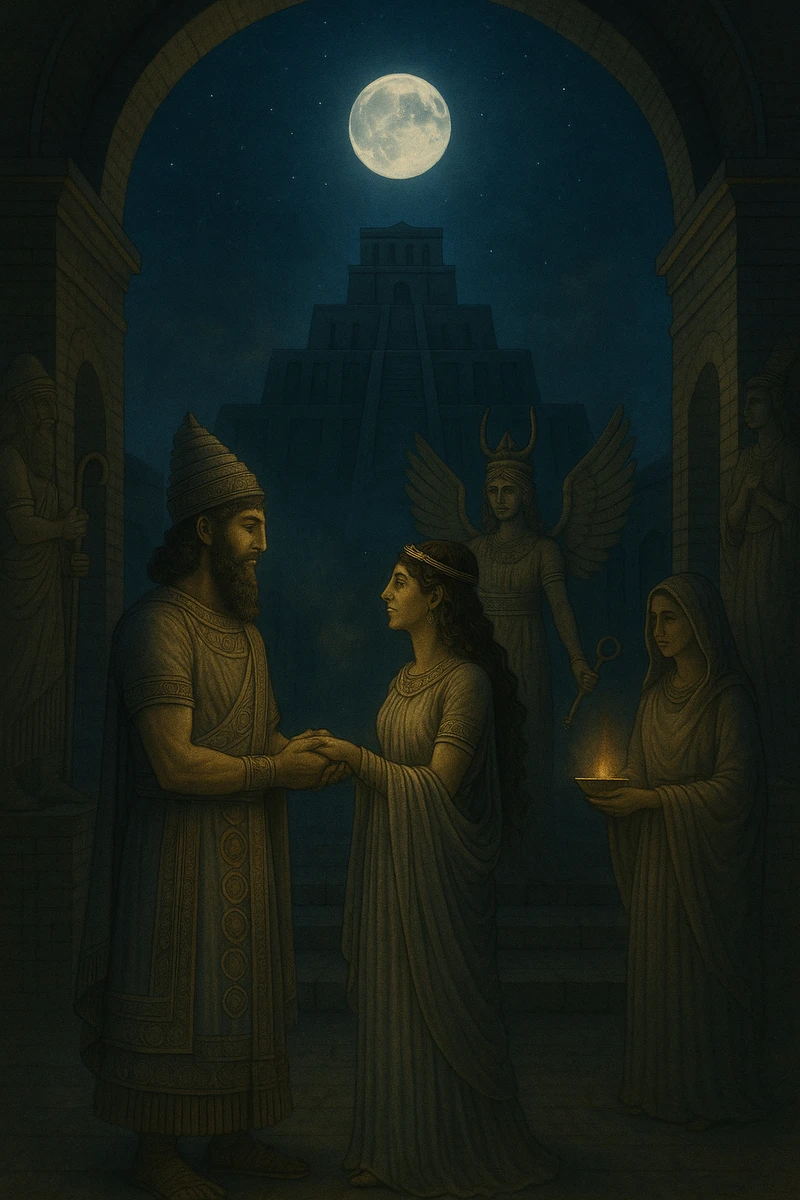
Sacred Marriage Ritual – ~3000 BC
Union of king and goddess ensuring fertility and prosperity.
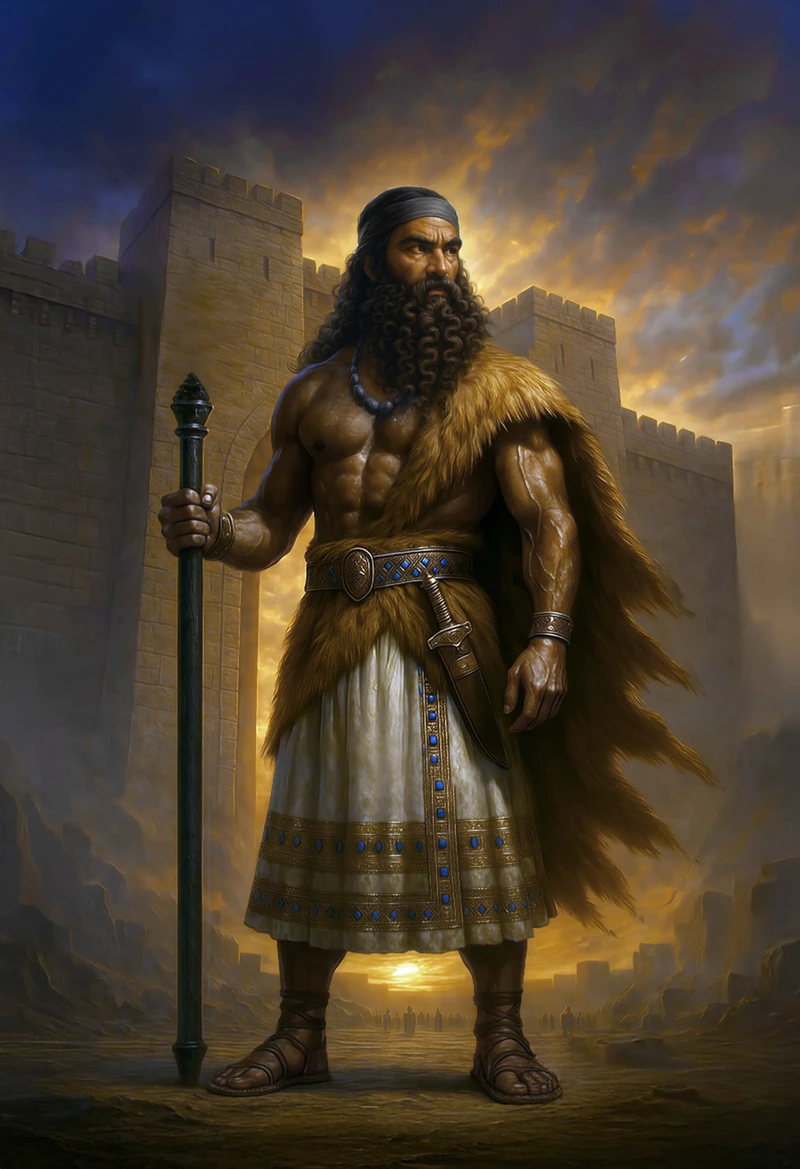
Enmerkar – 2700 BC
Legendary Sumerian king, builder of the city of Uruk.
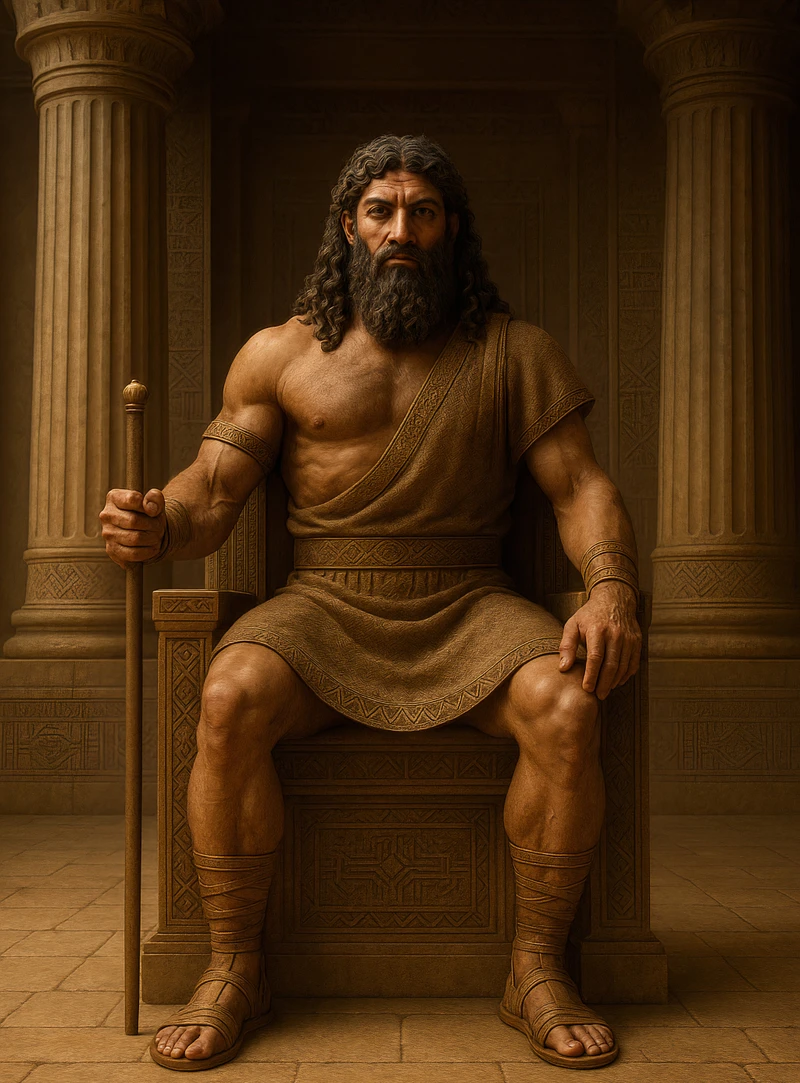
Gilgamesh – 2700 BC
Epic hero of Uruk, seeker of immortality and wisdom.
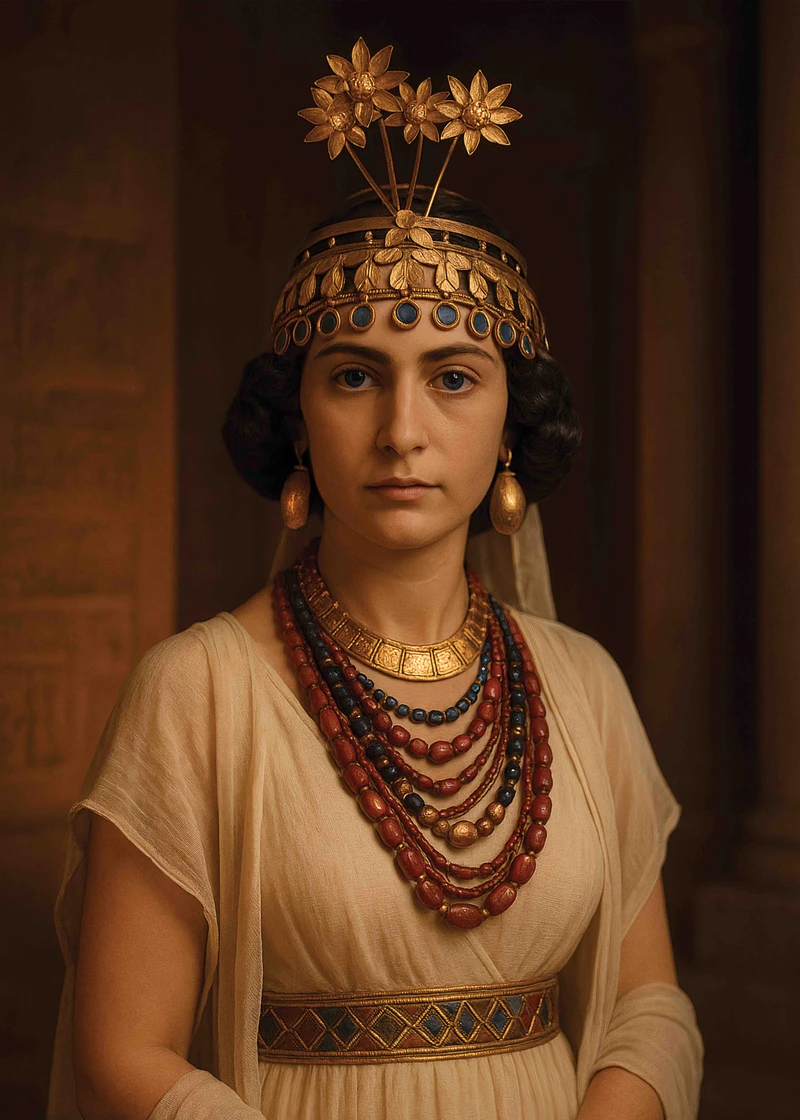
Lady of Uruk – 2700 BC
Iconic Sumerian sculpture representing beauty and sacred femininity.
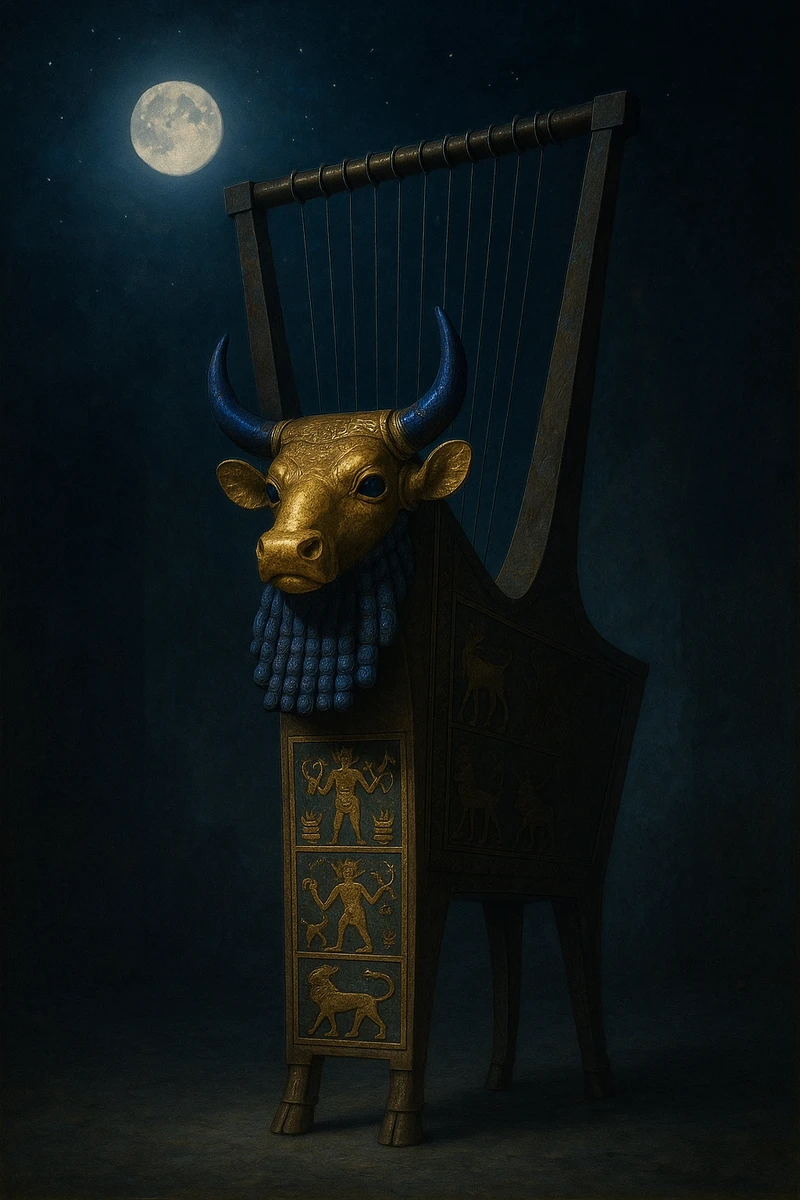
Babylonian Lyre – ~2600 BC
Sacred musical instrument used in rituals and ceremonies.
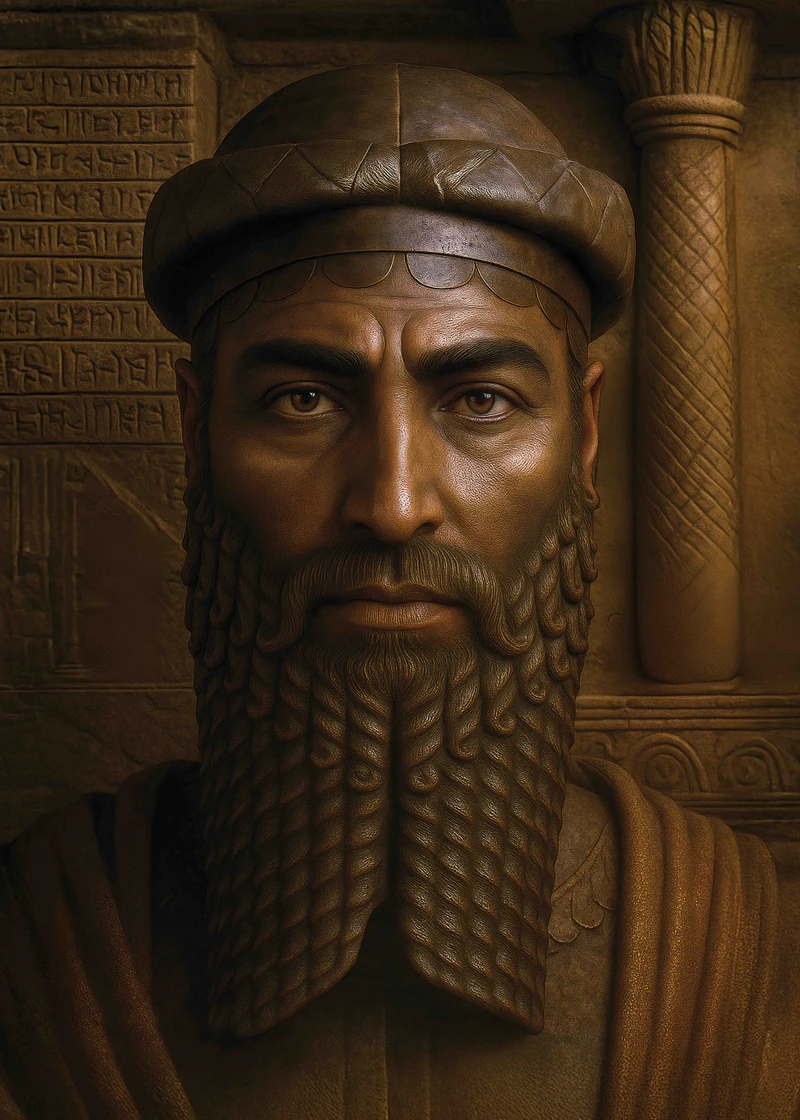
Sargon of Akkad – 2334 BC
Founder of the first empire in Mesopotamian history.
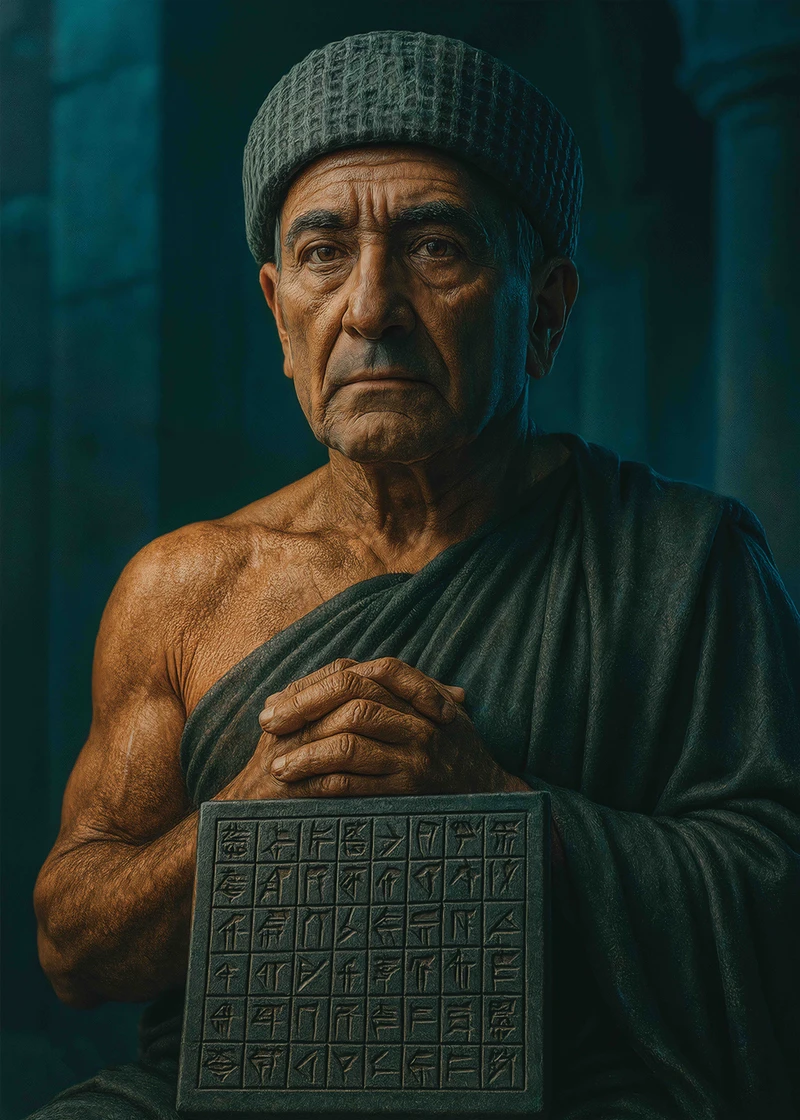
Gudea – 2144 BC
Ruler of Lagash, renowned for temples and inscriptions.
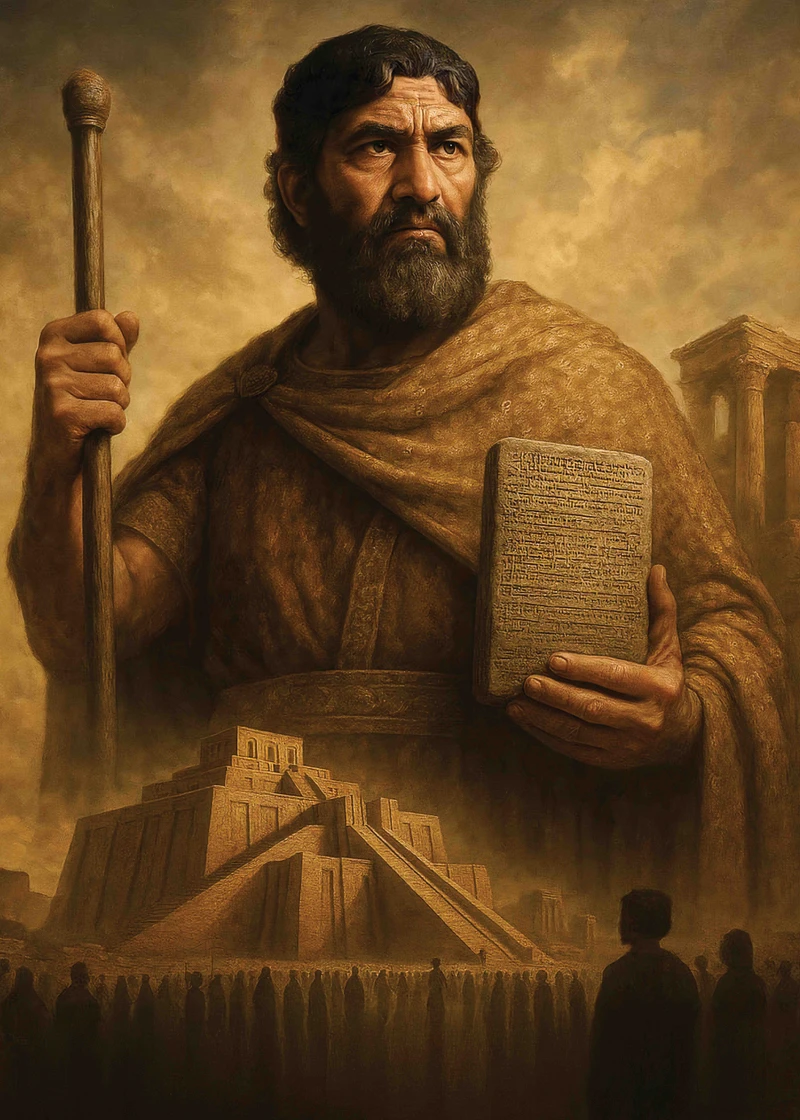
Ur-Nammu – 2112 BC
Founder of Ur III dynasty, introduced reforms and stability.
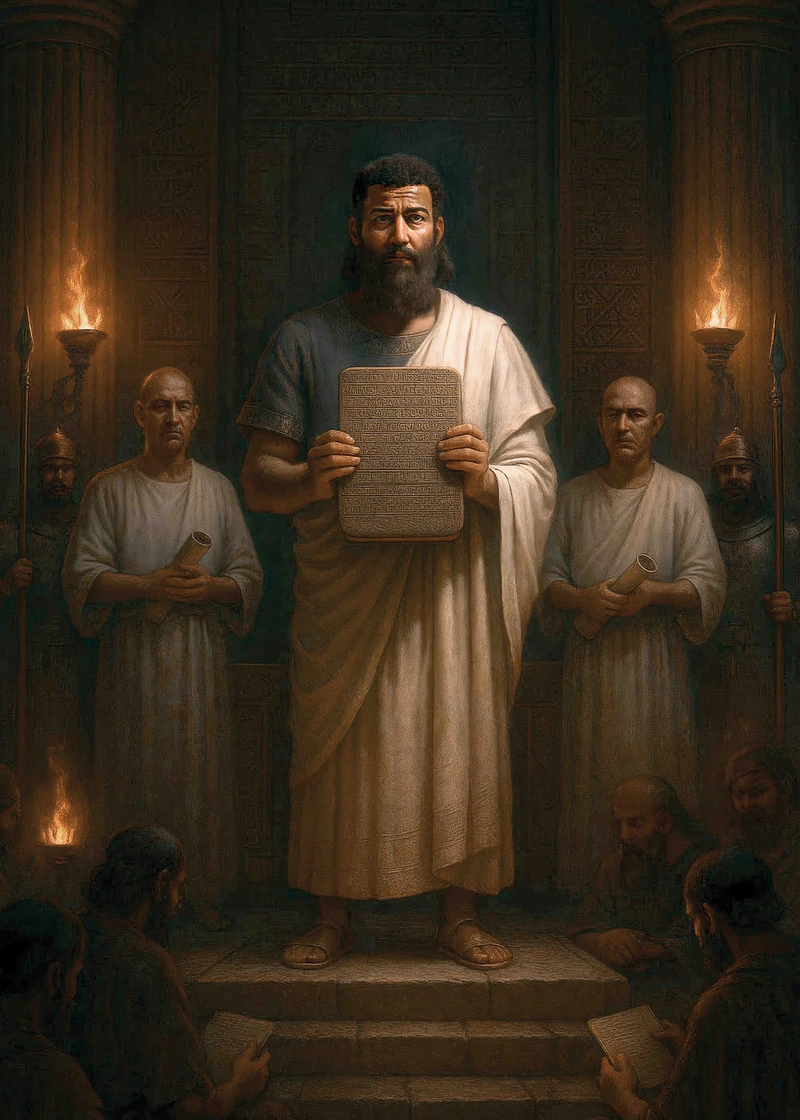
Code of Ur-Nammu – 2100 BC
Oldest written law establishing justice in Sumer.
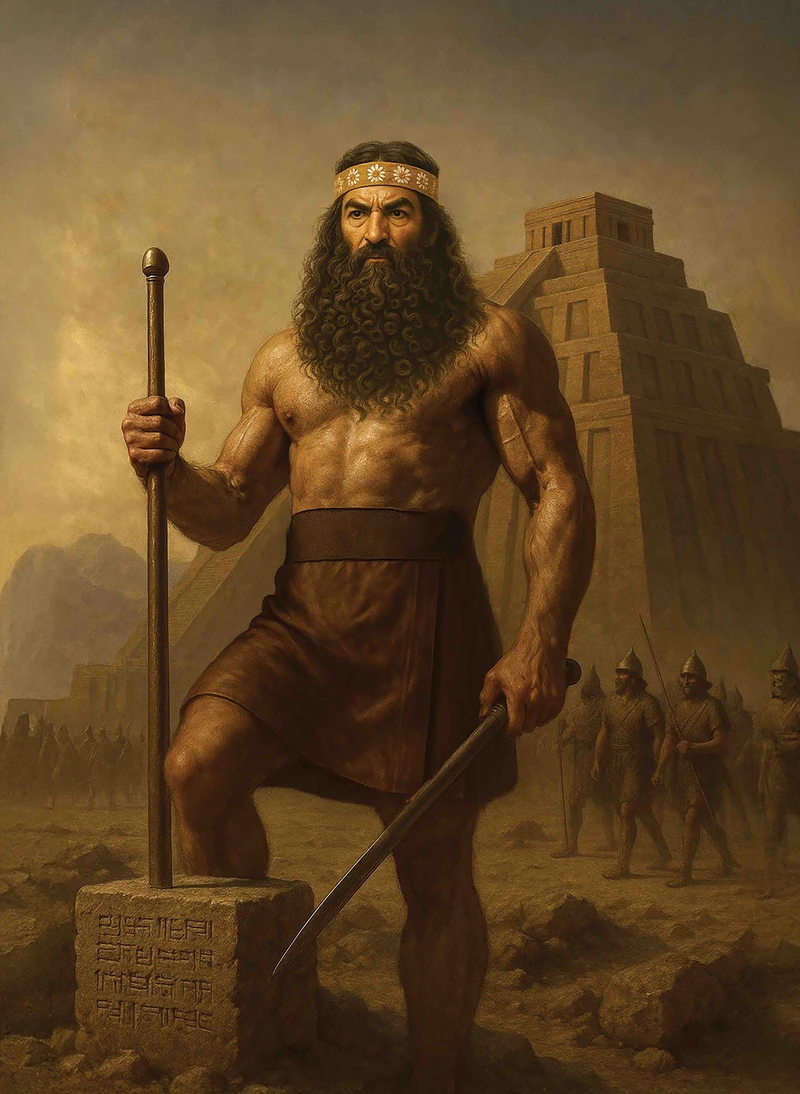
Amar-Sin – 2046 BC
Third king of Ur III, preserver of legacy.
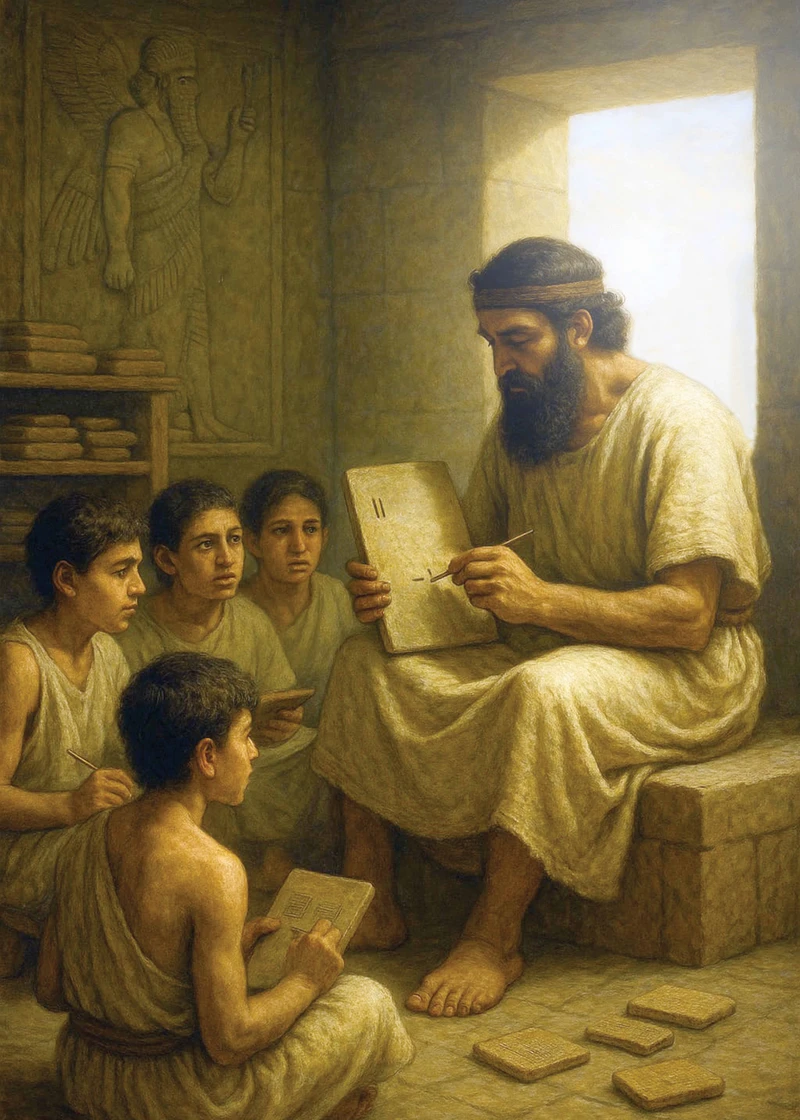
Teaching Mathematics – ~2000 BC
Sumerian schools establishing principles of numbers and geometry.
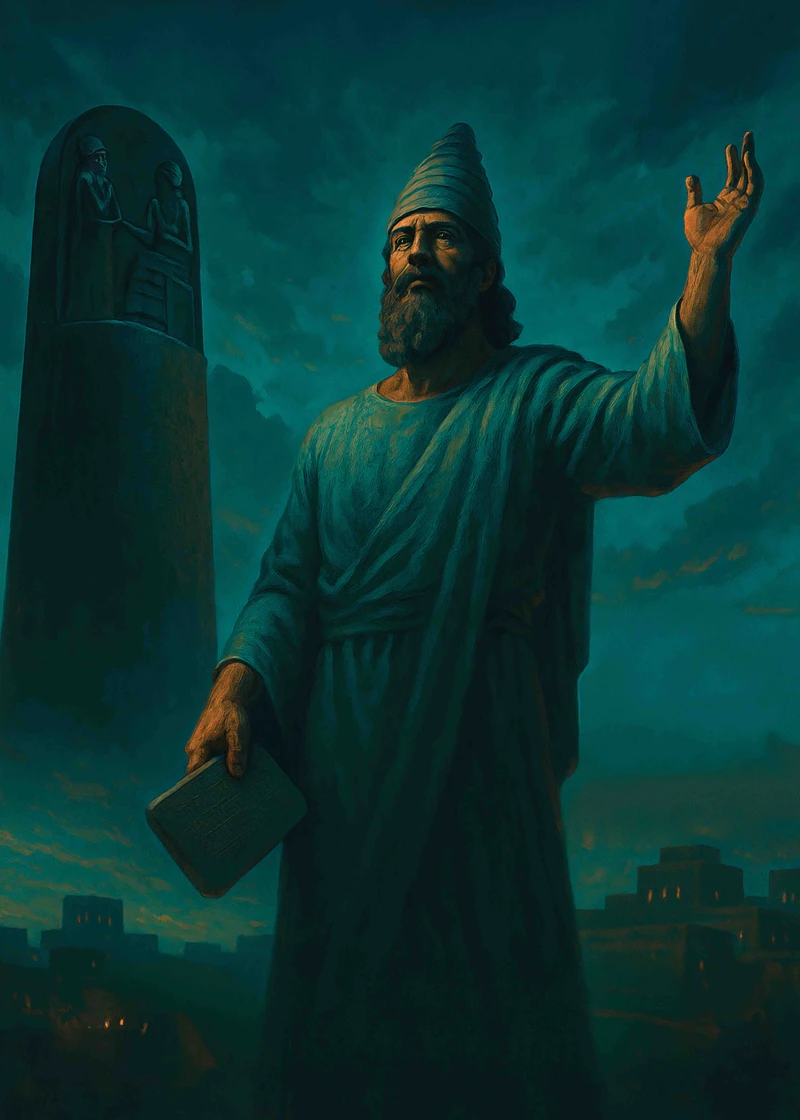
Hammurabi – 1792 BC
Babylonian king, strengthened centralized rule and governance.
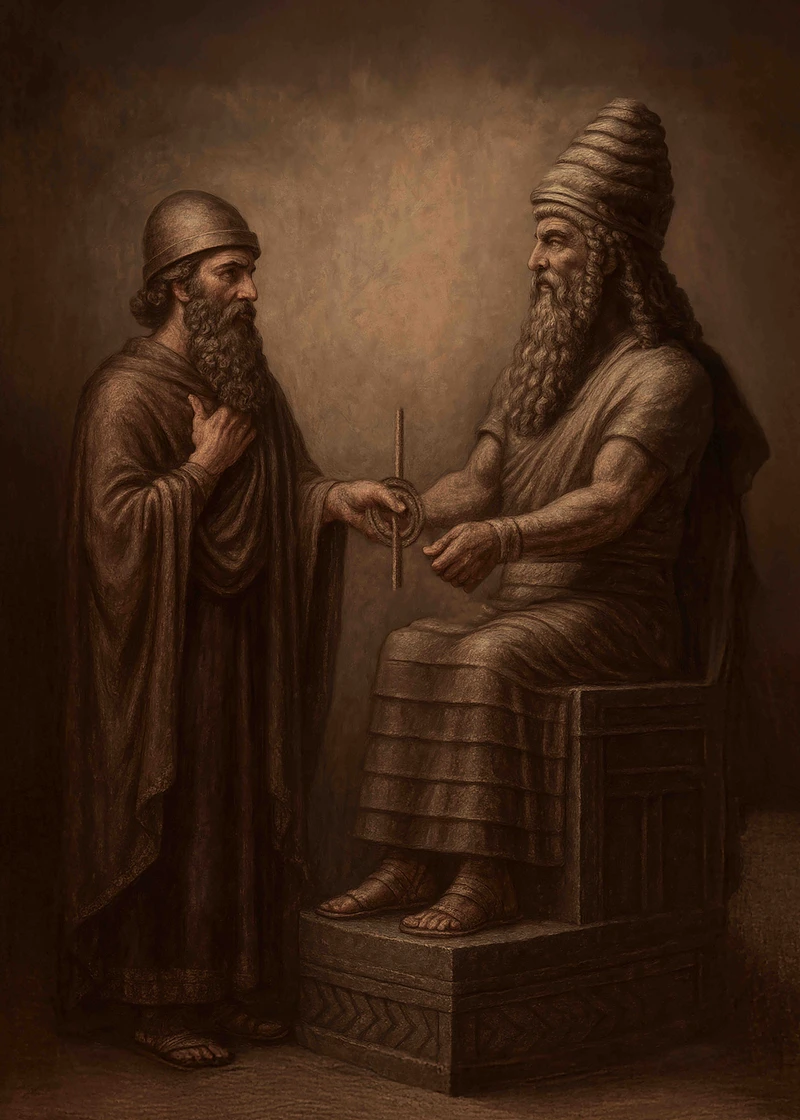
Code of Hammurabi – 1754 BC
Famous Babylonian law carving principles of justice and order.
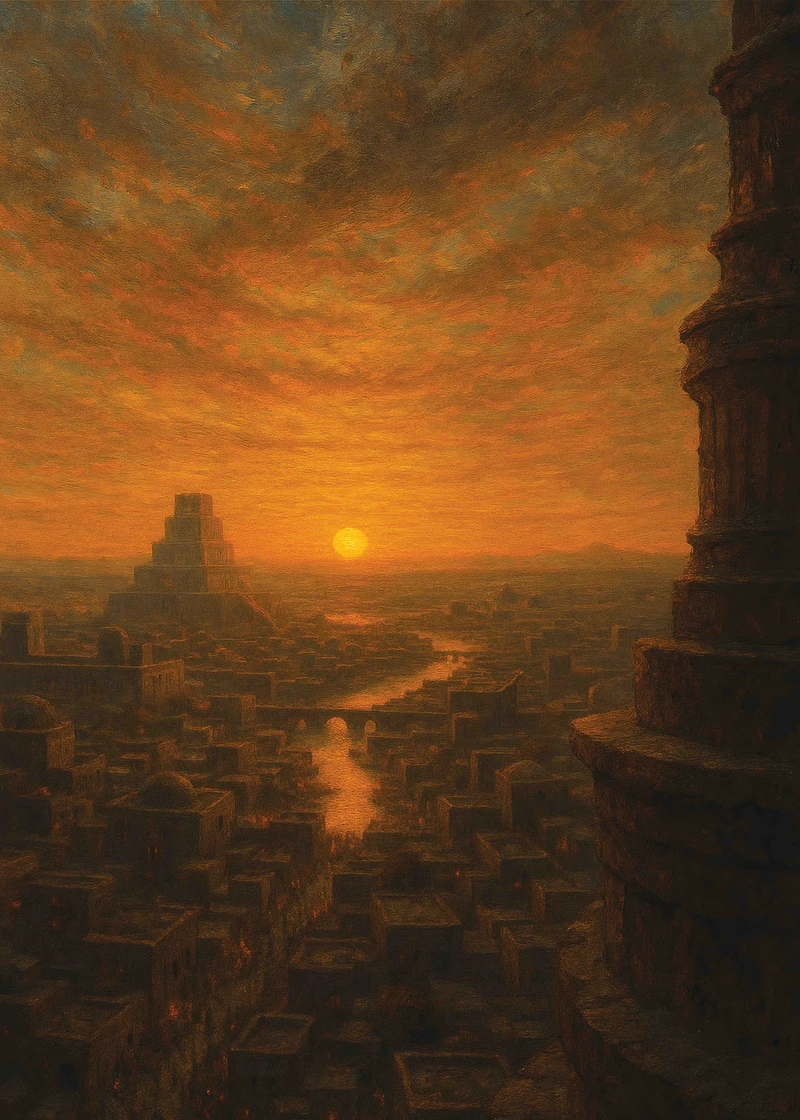
Ancient City of Babylon – ~1800 BC
Center of Mesopotamian culture, science, and architecture.
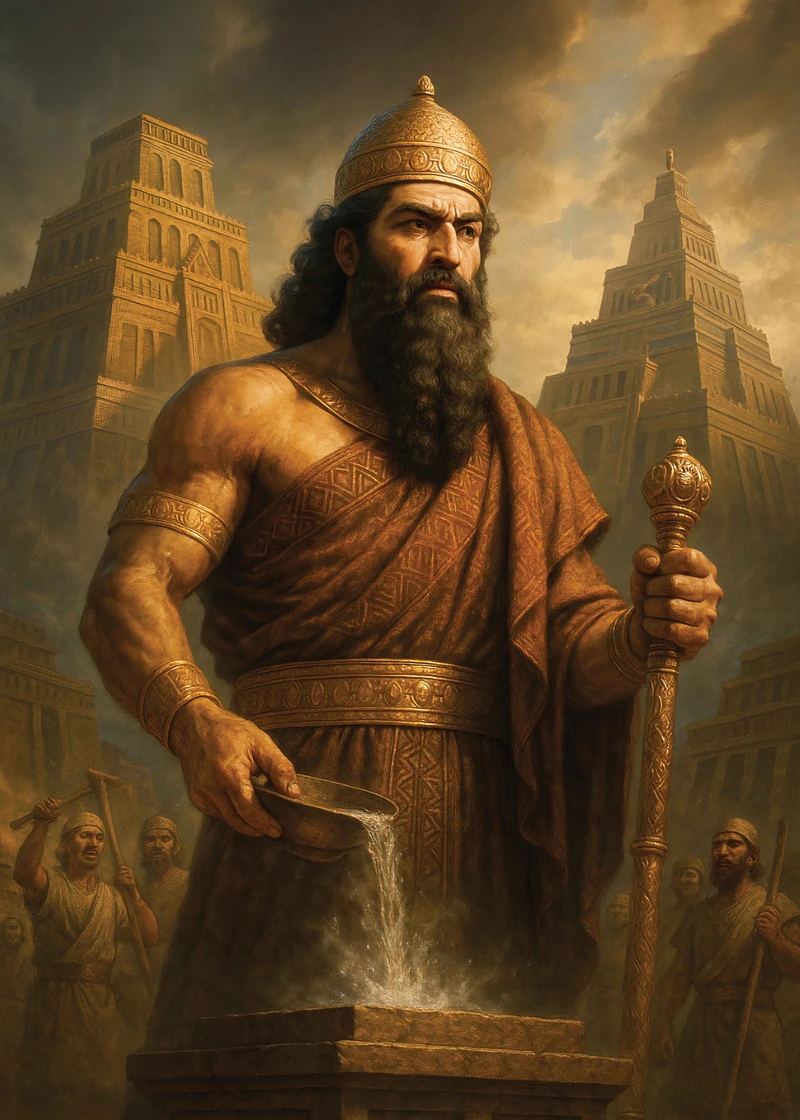
Nebuchadnezzar I – 1125 BC
Brave Babylonian king, defender of his nation's glory.
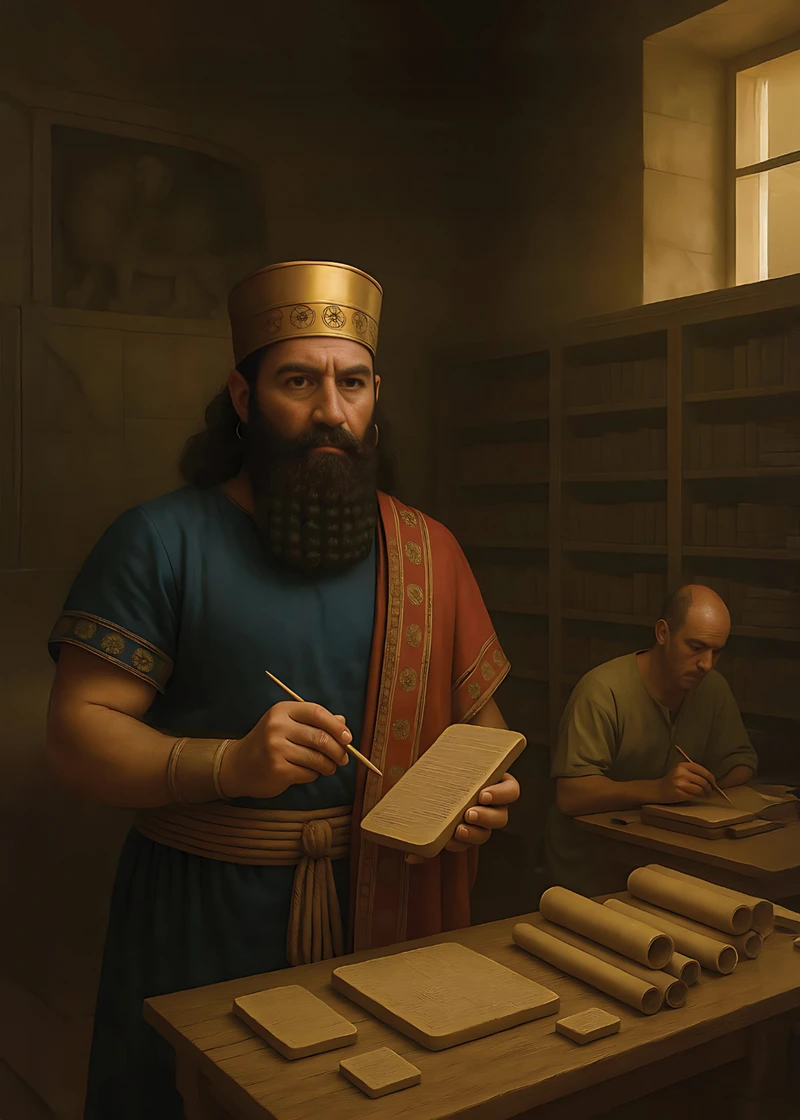
Library of Ashurbanipal – 668 BC
First organized library, housing thousands of cuneiform tablets.
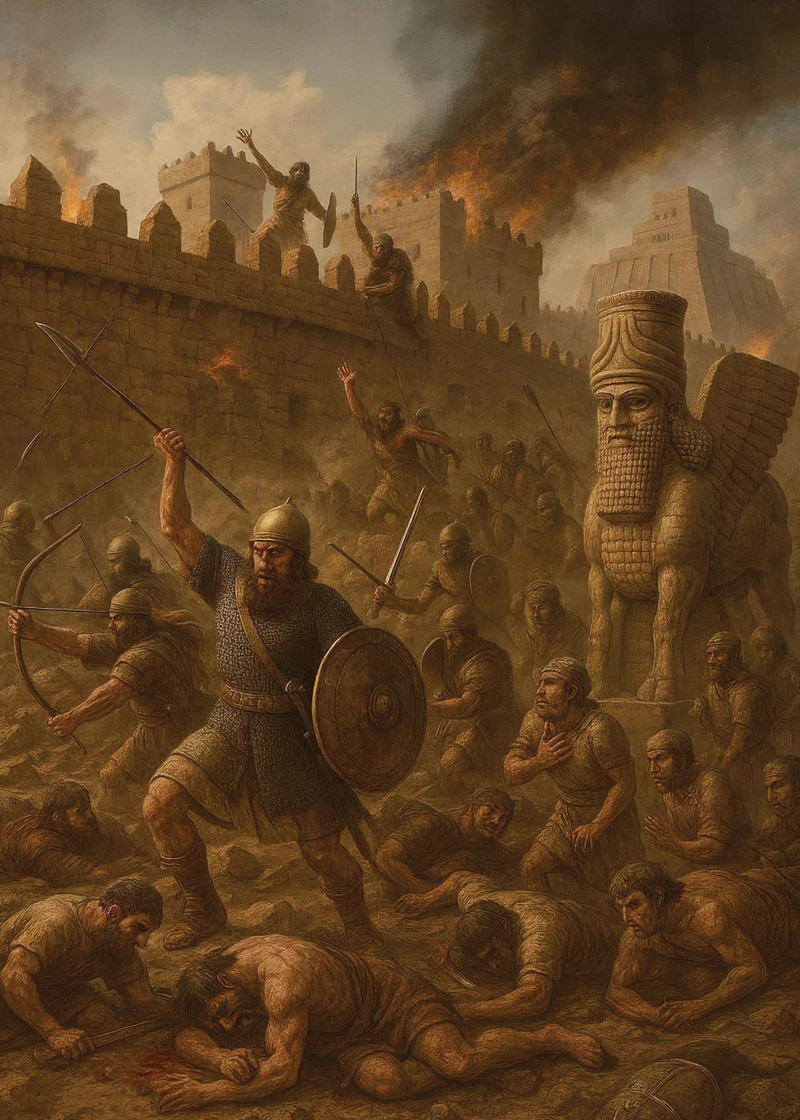
Battle of Elam – 653 BC
Ashurbanipal's victory showcasing Assyrian military power.
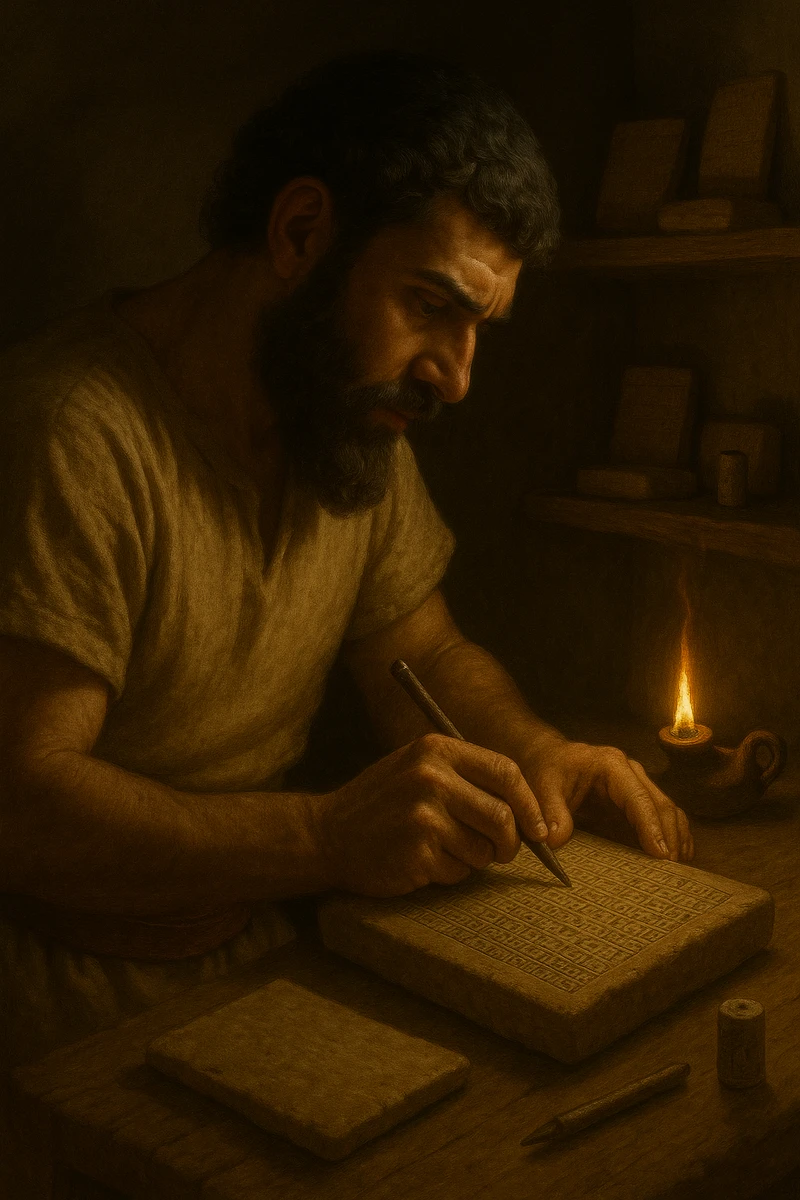
Assyrian Sculptor – 7th Century BC
Craftsman depicting kings, battles, and divine symbolism.
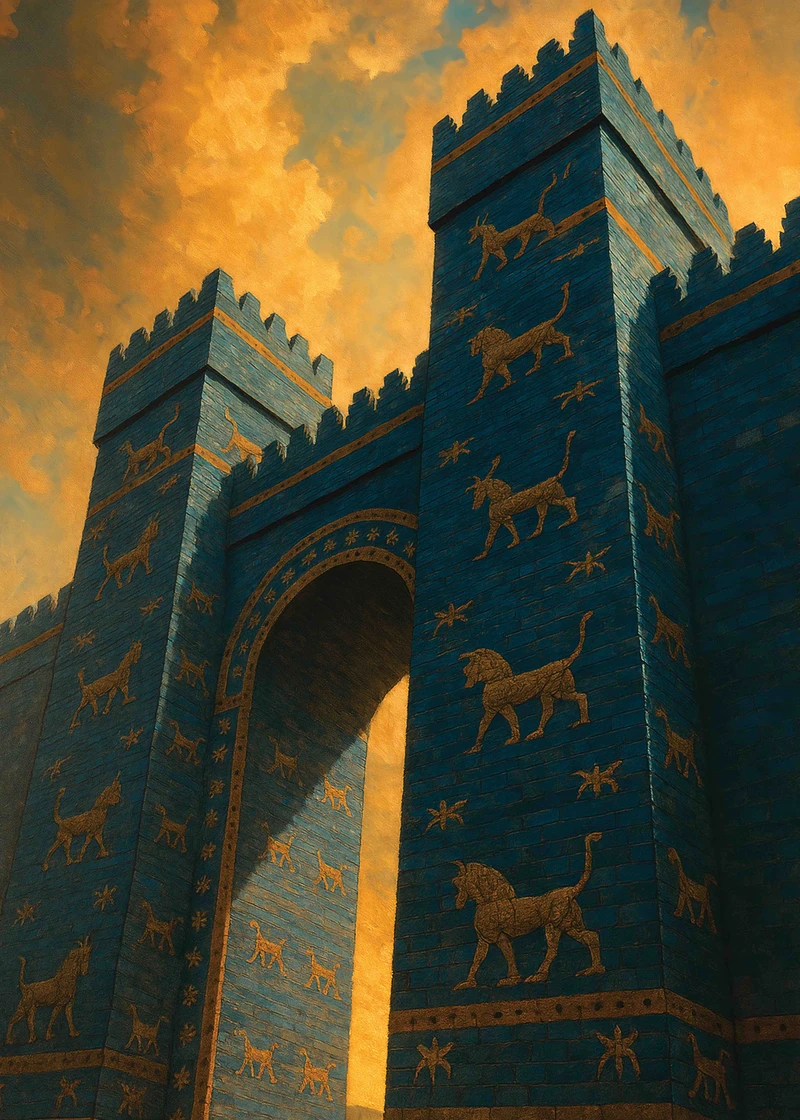
Ishtar Gate of Babylon – 575 BC
Majestic entrance adorned with sacred lions and dragons.
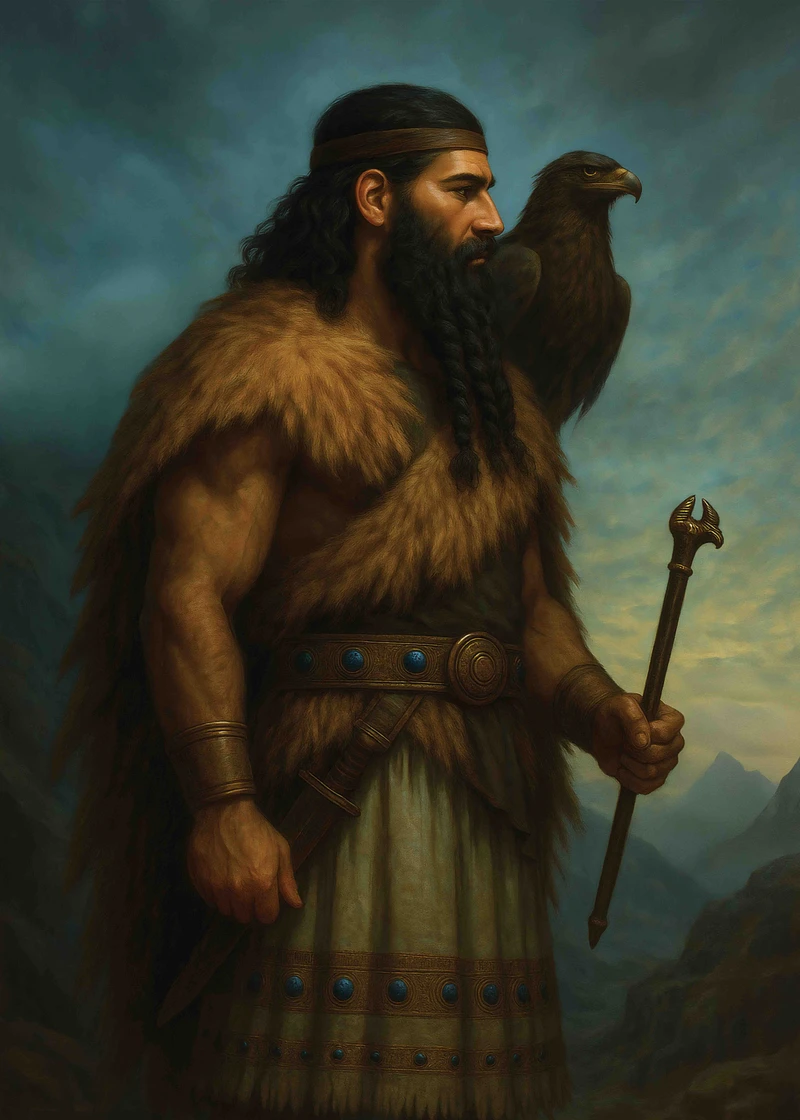
Ancient Iraqi Warrior
Symbol of courage defending Mesopotamian lands through ages.
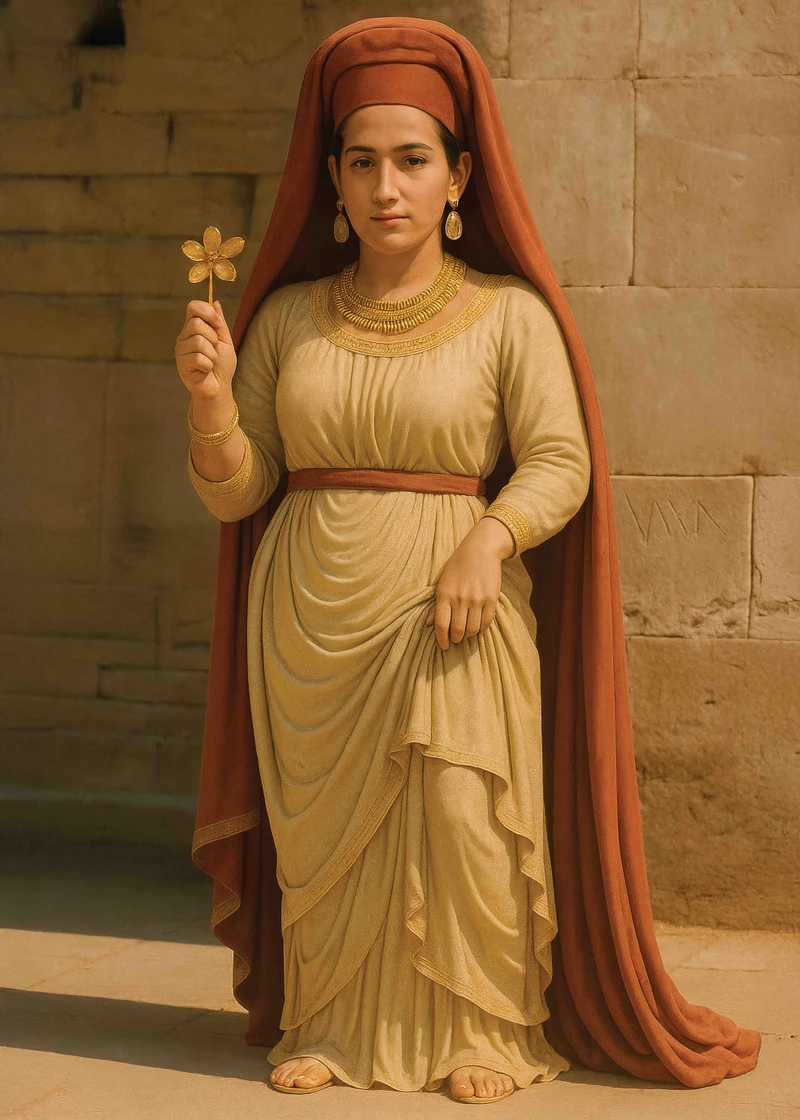
Bona, Queen of Hatra – 2nd Century AD
Arab Iraqi queen symbolizing power of Hatra city.

The Malwiya Minaret – 9th Century AD
Iconic spiral minaret of Samarra, Abbasid architectural masterpiece.